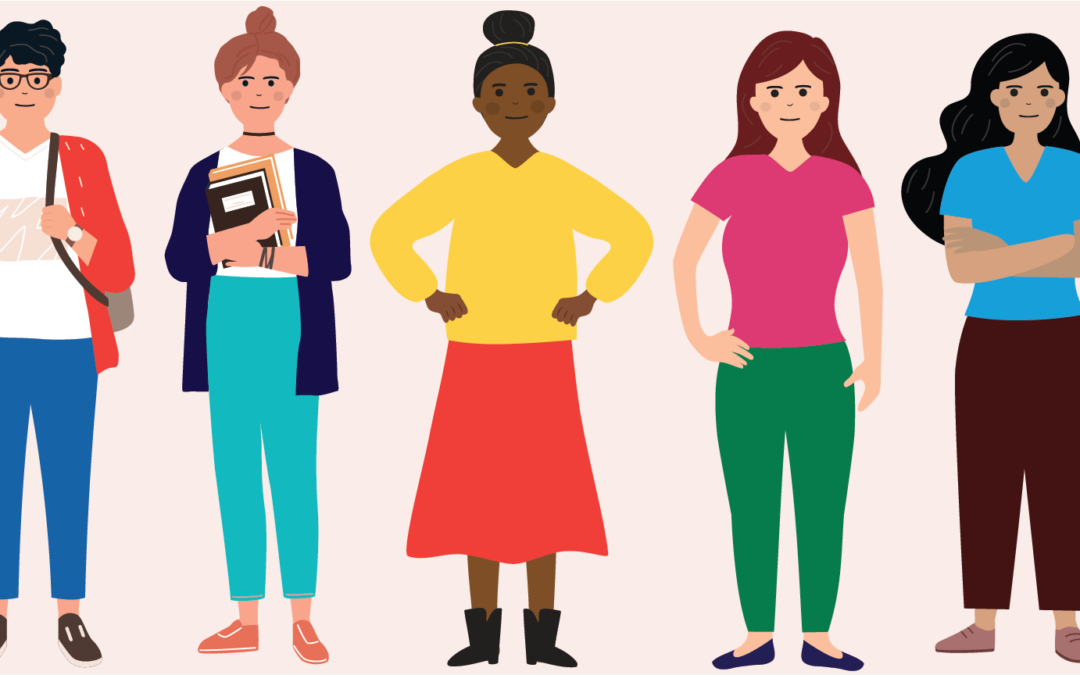In a world that can sometimes feel uncertain or overwhelming, supporting someone through a mental health problem can offer comfort and hope. But what if their experience of mental health – and the way they talk about it – is shaped by cultural beliefs different from your own?
Many people from culturally and linguistically diverse (CALD) backgrounds face unique barriers when it comes to mental health, from stigma to different ways of expressing or understanding mental ill-health or distress. It is important that we approach our roles as help-giver with empathy, curiosity and an open mind.
We recently asked our national network of MHFAiders how to offer meaningful support in CALD communities and better understand the person you’re supporting.
Be curious, not assumptive.
You don’t have to be an expert in someone’s culture – but by asking, listening and learning from what you hear, you build trust and create a more supportive environment for the person you’re helping.
Instead of assuming, try:
-
- Asking about their cultural beliefs around mental health
- Learning what support looks like in their family or community
- Understanding if faith or spirituality plays a role in their wellbeing
“Understand the culture or at least be respectfully curious to learn more about it.”
Adjust your communication style
Not every culture talks openly about mental health. In some cultures, indirect communication, such as metaphors or stories, can feel more comfortable than direct conversation.
You can watch for:
-
- Body language cues – eye contact, personal space and gestures can mean different things in various cultures.
- Word choices – they might say they’re “stressed” instead of “anxious”.
- Religious or family influences – they may refer to their faith and indicate they are more comfortable talking with a faith leader.
“To ensure their comfort and agency in the process, enquire about preferred communication styles, family involvement and religious considerations that may influence their understanding of their mental health. Also, openly ask questions, avoid stereotypes, use appropriate language, respect family dynamics, consider cultural healers, and adapt your communication style.”
Make support culturally relevant
Mental health resources aren’t always one-size-fits-all. It can be helpful to research someone’s culture or background so that any resources or information you impart is:
- In a language they understand (translations) or in plain English
- Relevant to their experiences (not just Western perspectives)
- Inclusive of family and community dynamics, if these are important to them.
“Make sure that any resources or information you provide are accessible and understandable. This might mean translating materials or using culturally relevant examples.”
Respect stigma to help overcome barriers
In some communities, mental health problems are seen as a sign of weakness or something not talked about. Instead of challenging their beliefs, try:
-
- Exploring their perspective – ask how mental health is viewed in their culture
- Finding trusted messengers – faith leaders, elders or community figures may help bridge the gap
- Validating their experience – show them it’s okay to talk about mental health in the way they feel comfortable.
“Mental health issues are sometimes deemed taboo or a sign of weakness for not being able to ‘take it’. Understand that being direct is not common in the CALD community – we can beat about the bush and use euphemisms a lot.”
Good intentions aren’t enough – learn the right skills
Cultural awareness is more than simply wanting to do the right thing. It’s about equipping yourself with the right skills to support someone in a way that respects their background and experiences.
“Showing genuine interest, active listening, self-education, having an open-mind and respect toward others are important when supporting someone with mental health problems.”
Mental Health First Aid® (MHFA®) training helps you navigate mental health conversations with a focus on active listening and non-judgemental support. It can help you to ask the right questions, respect differences, break down barriers and support someone in a way that is right for them.
Want to make a real difference? Register for an MHFA course and learn the skills to recognise, understand and respond to mental health problems.



